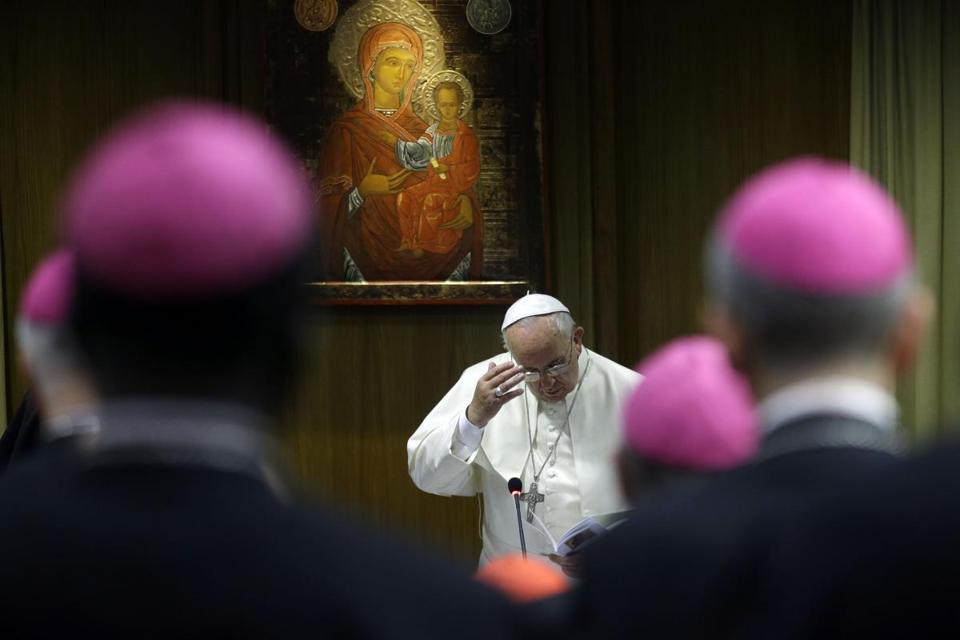The Court of Appeal in Lagos on Monday reserved judgment in two separate appeals filed by a Lagos businessman, Fred Ajudua.
Ajudua filed an appeal against the ruling of a Lagos High Court in Ikeja, which refused a bail application he brought before it.
Justice Oluwatoyin Ipaye of the lower court had refused Ajudua’s application in a suit the Economic and Financial Crimes Commission brought against him over alleged fraud.
Ajudua was alleged to have conspired with others and defrauded a former Chief of Army Staff, retired Lt.-Gen. Ishaya Bamaiyi of about $5.9m.
Ipaye, in refusing Ajudua bail, had made reference to his antecedents in criminal matters before another court, where he did not only jump bail, but also allegedly interfered with the court process.
Dissatisfied with the ruling of the court, Ajudua had filed an appeal before the appellate court, urging it to set aside the lower court’s decision.
The appellate court, presided over by Justice Rita Pemu, also reserved judgment in a separate appeal filed by Ajudua on the refusal of the lower court to allow him make an extra-judicial statement on allegations levelled against him.
The court reserved the two appeals for judgment following adoption of brief of arguments by appellant’s counsel, Mr Olalekan Ojo, and EFCC’s counsel, Mr Saidu Atteh.
Adopting his brief of arguments, Ojo formulated four issues for determination.
He urged the court to determine whether the lower court was right when it refused to admit the appellant to bail in spite of the condition of his health.
Ojo maintained that the facilities at the Kirikiri Maximum Prison were grossly inadequate and could not take care of the appellant’s health.
Besides, he argued that because of the peculiar nature of Ajudua’s ailment, he required specialised medical equipment to effectively manage his health.
On the issue of extra-judicial statement, Ojo argued that it was the duty of the court in all cases, especially in criminal matters, where the liberty of an accused was at stake, to ensure that justice was done.
He therefore, urged the court to allow his appeal and set aside the ruling of the lower court.
In response, counsel for the EFCC, Atteh, submitted that the medical needs of Ajudua could be taken care of where he was detained.
He noted that the commission was also prepared to provide medical services for the appellant within the jurisdiction of the court, where the need arose.
Atteh argued that Ajudua would not honour the terms of his bail if granted, and that there was a high probability that he would jump bail.
He further argued that Ajudua would interfere with the witnesses as he had allegedly done in the past and therefore, urged the court to dismiss the appeal.














